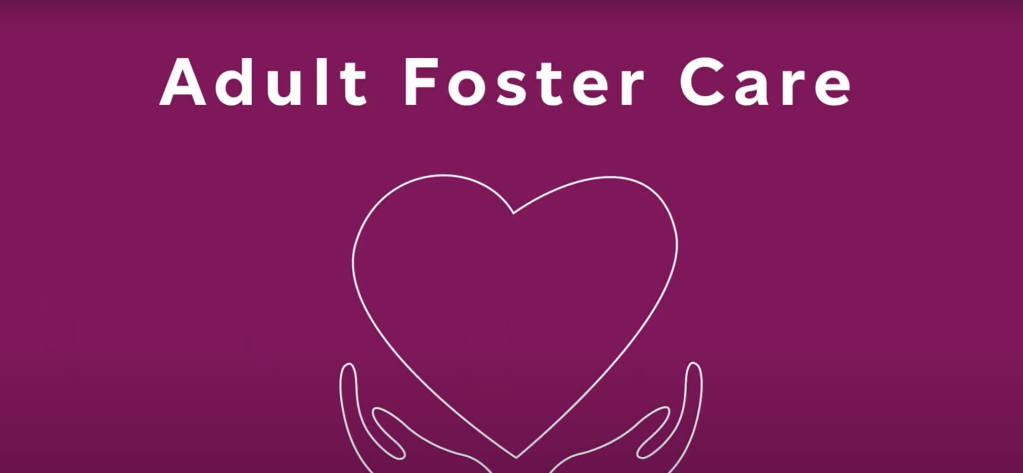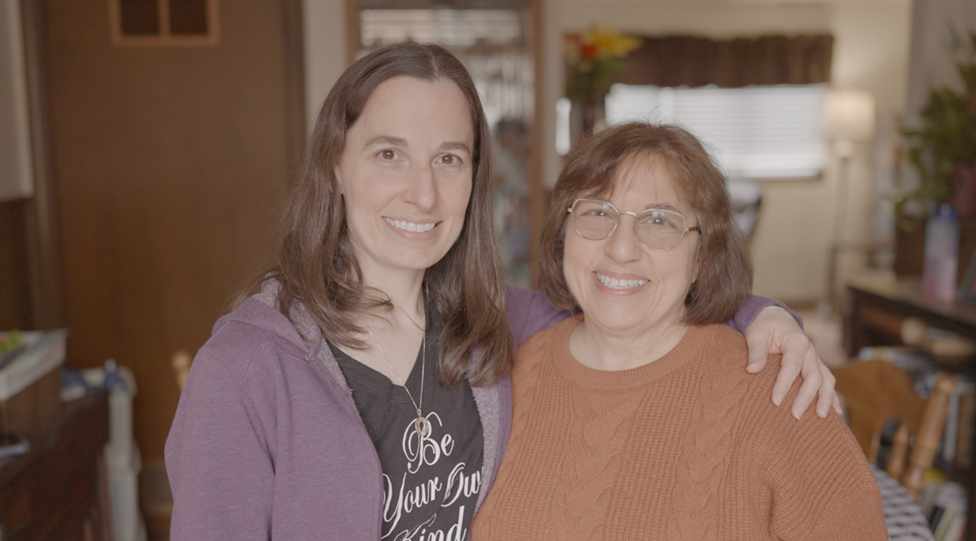
How to Help an Aging Loved One Through a Mental Health Decline
Mental health difficulties can impact anyone at any time of life, but older adults on average tend to be more vulnerable to depression and other mental illnesses. According to the World Health Organization, 15% of adults aged 60 or older suffer from a mental disorder.
But mental illnesses are not necessarily a normal part of the aging process. If you recognize or hear from a loved one that their day-to-day life is significantly affected by poor mental health, they could be in need of treatment. Family members and friends are in an especially advantageous position to help older adults seek out mental health services that will improve their quality of life.
Read on for some common symptoms of mental health conditions that affect older adults, what types of therapy can help, and some useful resources to assist with finding quality care.
Warning Signs of Mental Health Decline
Any number of root causes could trigger a mental health decline, from physical illness to loneliness to difficult lifestyle changes. Regardless of the situation, friends and family members should be able to recognize common warning signs of a mental health crisis, including:
- Noticeable, persistent changes in mood
- Anger, aggressiveness, or restlessness
- A lack of positive emotion, even with activities a loved one usually enjoys
- Difficulty sleeping, or sleeping too much
- Changes in appetite
- Frequent headaches, digestive issues, or chronic pain
- A reliance on alcohol or drugs
- Suicidal thoughts
- Engaging in high-risk activities
The list of potential warning signs goes on, but the important thing is to recognize and address significant changes in a loved one’s behavior that could indicate they are in distress.
It is also important to note that for older adults depression is sometimes misdiagnosed as dementia, as symptoms may include forgetfulness and disorientation. It’s also common for a person with dementia to develop depression, and they may try to hide memory loss and other symptoms. If you’re caring for a loved one with Alzheimer’s disease or dementia and notice signs of depression, talk to your loved one’s healthcare provider about ways to manage these symptoms.
Types of Mental Health Services
Many types of therapy are helpful for people of all ages struggling with mental health decline and can be adapted to the needs of older adults. Below are some of the most common therapies used to treat depression and other mental health conditions.
- Supportive Therapy. This form of treatment focuses on encouraging self-esteem and strengthening a person’s self-reliance. The goal is to improve well-being by helping older adults renew their sense of confidence.
- Cognitive Behavioral Therapy (CBT). Behaviors that result from depression, such as self-isolation, irritability, and appetite fluctuations; are often reinforced by unwanted, repetitive thoughts. CBT focuses on identifying and changing unwanted thoughts in order to alter the corresponding behaviors to improve quality of life.
- Sleep and Relaxation Coaching. Poor sleeping habits can affect overall health and exacerbate depression and anxiety. This form of therapy aims to ease distressing thoughts through relaxation, exercise, and adequate rest.
- Pain Management Therapy. Many people who suffer from chronic pain that arises from aging can benefit non-pharmaceutical treatments. In some cases, therapy can be an effective alternative to prescribed medications.
- Problem Solving Therapy. This type of therapy focuses on navigating stressful and difficult situations from a personal standpoint. For older adults dealing with radical life changes, problem solving therapy might be a way to learn coping techniques suited to their specific circumstances.
This is by no means an exhaustive list of approaches to mental health treatment. Whatever emotions or circumstances your loved is dealing with, be aware that there are a great variety of therapies with the potential to improve their day-to-day mood and quality of life.
Resources for Elderly Mental Health Services
Finding the appropriate mental health care for a loved one can be challenging. It may take time for them to feel comfortable reaching out for help and receiving care, and the first treatment options they try might not be the best fit. Fortunately, many resources are available to connect older adults with mental health professionals as you search for the most appropriate care. Below are a few websites to be aware of throughout the process.
- MentalHealth.gov – The U.S. Department of Health & Human Services has some valuable resources on their website, including a dedicated section for parents and caregivers.
- National Suicide Prevention Lifeline – This 24/7, free and confidential phone line is important for your loved one to be aware of if they ever experience a mental health crisis where they need help right away.
- Eldercare Locator – The S. Administration on Aging operates this website, which offers easy access to local care resources with a search by zip code or city.
- Veterans Crisis Line – This is another useful resource accessed by phone or online chat, managed by the Department of Veterans Affairs.
- Medicare Health Services Coverage – The Center for Medicare Advocacy has created this useful guide that explains Medicare coverage for various types of mental health and substance abuse services.
Not all mental health services are close by or easy to access, but there are still resources that older adults can turn to for help. With the rise of telehealth, more accessible treatment options are available, and the existence of a variety of approaches to therapy increases the odds that your loved one will find a form of treatment that works for them. With effective mental health care and the support of loved ones and caregivers, older adults can gain the resources to manage even the most challenging, life-altering situations.
Need help caring for an aging loved one? Learn more about Seniorlink’s coaching and support program for caregivers of Medicaid-eligible friends and family members.
More insights like this:
-

7 Immune System Booster Tips for Seniors
Read more: 7 Immune System Booster Tips for SeniorsThe immune system is the body’s first line of defense against viruses and infections, but the aging process can weaken the immune system. Throughout the COVID-19 pandemic, this became an increased concern for the caregivers of older or immunocompromised adults, as the risk of more severe symptoms and outcomes was much higher in these…
-

Massachusetts Adult Foster Care Eligibility Defined
Read more: Massachusetts Adult Foster Care Eligibility DefinedFor family caregivers, it’s crucial to create a community of support and utilize all the programs and resources available to you to improve your caregiver experience. In Massachusetts, the Adult Foster Care Program can be an excellent source of support, but eligibility can sometimes be overwhelming to navigate on your own. “The Massachusetts Adult Foster…
